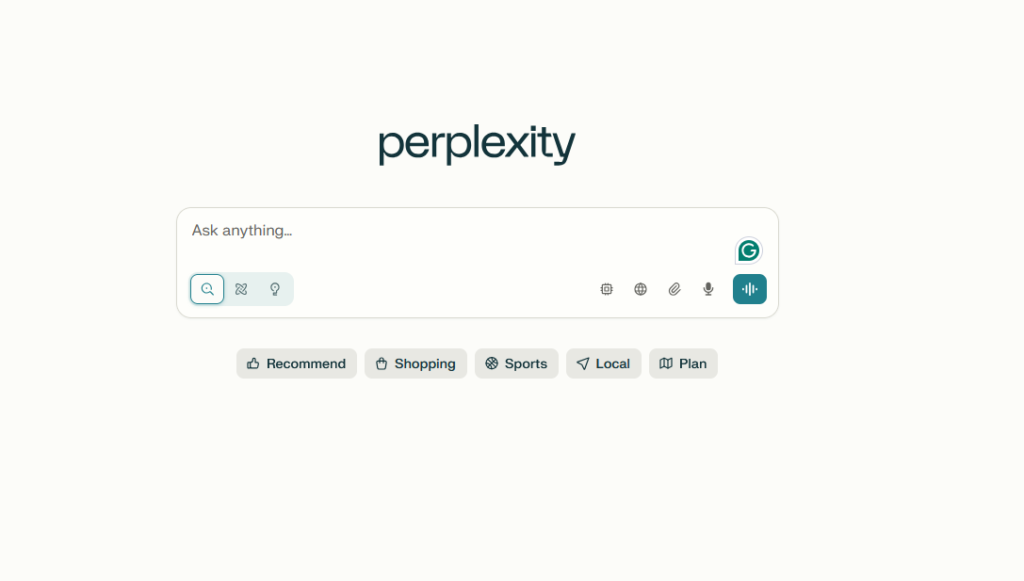Since the launch of ChatGPT in October 2022, I’ve encountered numerous articles and blog posts suggesting that traditional internet search is obsolete. The central argument often presented is: why search the internet when you can simply ask ChatGPT? It’s a valid question, but the answer is likely more nuanced.
“As a blogger, this raises an important question: if search engines are superseded by large language models, how will readers discover my website?
Are the days of Google search really numbered?
The short answer is no, but its dominance may wane. With the emergence of novel search methods like Perplexity and the increasing use of conversational AI agents, search habits are evolving.
That’s why Google has implemented AI-powered insights. These tools aim to enhance the search experience by providing summaries of key information. However, there remains a risk of inaccuracies, however unlikely.
The sources used to generate these summaries are referenced and the search results are still listed as they have always have been.” could be reworded to: “The sources used to generate these summaries are clearly referenced, and traditional search results are still displayed as before.
Perplexity the AI powered search engine
Perplexity presents search results in a conversational format, citing sources to provide immediate answers. It’s a hybrid of a search engine and a large language model, and it functions effectively. However, personally, I find its niche somewhat unconvincing.
I recommend you try it yourself and form your own opinion; it might be precisely what you’re looking for.

What about generative Artificial Intelligence
By generative AI, I’m referring to large language models such as ChatGPT and Google Gemini, both of which now have internet access.
Initially, I used these models as enhanced search engines, and they performed adequately. However, limiting their use to this function prevents you from fully exploiting their capabilities. Consider them more as collaborative partners and assistants.”
A couple of months ago, I realised that to effectively use the Obsidian co-pilot plugin, I needed to improve my prompt engineering skills.
I could have used Google to search for information, but instead, I asked various models to create a learning plan to improve my prompts. This provided not just a list of content, but a structured study plan that emphasised the importance of practice and note-taking. It also highlighted the need to keep my knowledge current.
Conclusion
I don’t believe search engines will disappear entirely, as there will still be times when you need to quickly access specific information, and a search engine remains the fastest option.
However, as the use of AI agents increases, the reliance on traditional search engines will decrease, as we query these agents as part of an ongoing conversation.
I hope you’ll join me in exploring this future. Subscribe to our weekly newsletter to stay informed.
